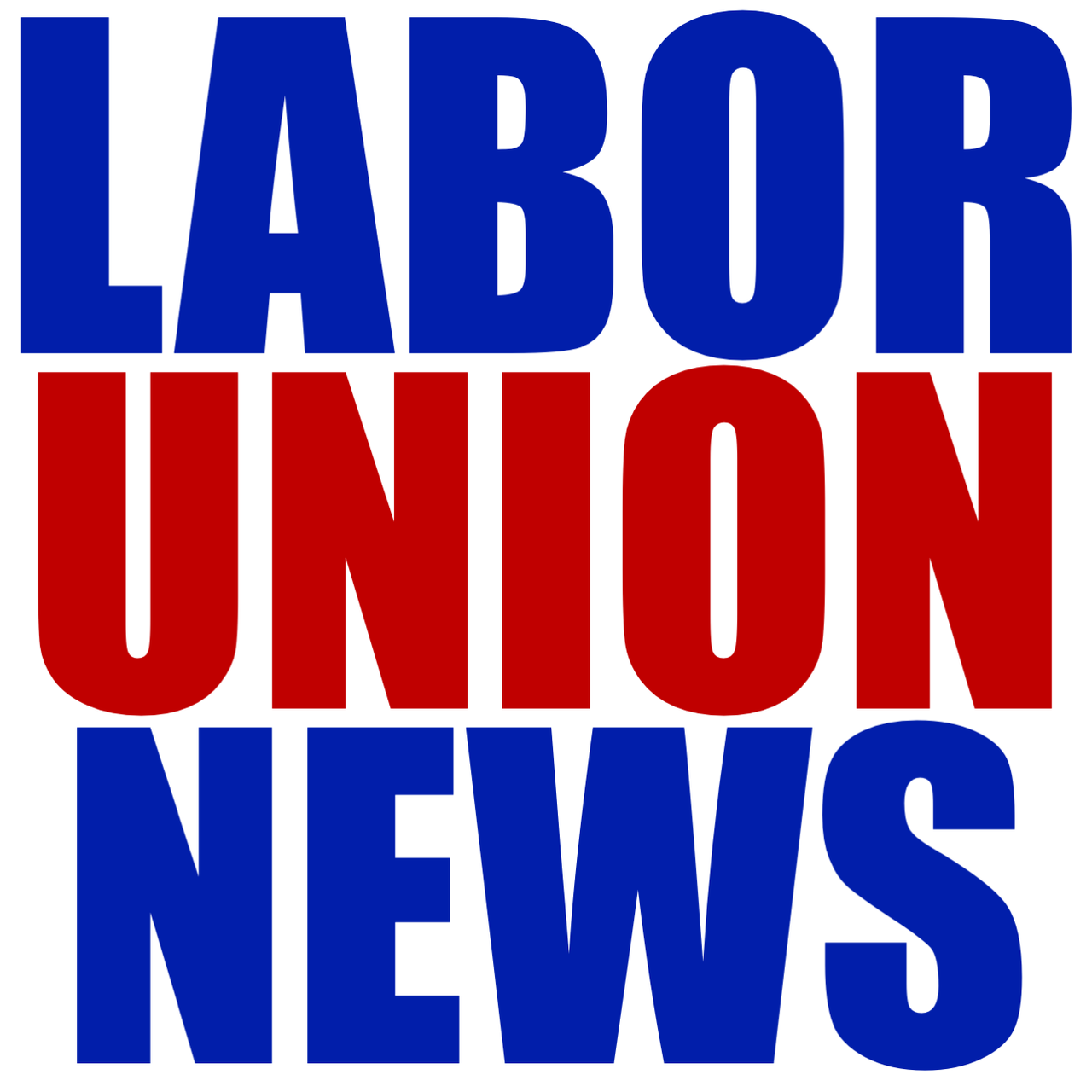Union Officials Meet With White House Officials Over Artificial Intelligence Impact On Workers
Discussions revolved around the impact of artificial intelligence on “workers, unions, the quality of jobs, and the future of work.”

On Friday, nearly a dozen union leaders from a variety of unions met at the White House to discuss the impact of artificial intelligence on “workers, unions, the quality of jobs, and the future of work,” according to a White House statement.
Among those attending were American Federation of Teachers’ President Randi Weingarten, Communication Workers of America’s Secretary-Treasurer Sara Steffen (who is running to replace retiring CWA President Chris Shelton), as well as top officials from AFSCME, National Education Association, Teamsters, United Auto Workers, and the United Food & Commercial Workers.
Entertainment industry unions—where Hollywood writers have been on strike for nearly two months over, in part, the impact of artificial intelligence (AI)—were also in attendance. Those unions represented include IATSE, SAG-AFTRA and the Writers Guild of America—East.
The listening session was also attended by officials from the White House National Economic Council, Office of Science and Technology Policy, and Office of the Vice President, the White House stated.
Participants discussed different ways that AI tools are being deployed in the workplace, as well as the impacts of these tools on job quality. They shared stories, for example, of employers who have used AI tools to track workers’ pace of work and monitor work quality. These uses of AI, union leaders noted, have often introduced inaccuracies and tended to raise workplace stress and worsen mental health. At the same time, leaders shared some instances where AI tools have helped support workers in their jobs, for example, by monitoring and easing the physical toll of some repetitive or dangerous tasks.
“The discussion also covered implications of AI for workers’ privacy, civil rights, and autonomy,” the White House said, “including from employers’ use of AI to monitor and collect data on workers.”
Artificial intelligence has become a significant issue for many unions that represent workers across a wide array of jobs—from call centers and grocery stores to truck drivers and beyond.
In California, for example, the Teamsters has been fighting the use of automated trucks without a human driver in the cab on California highways.
At Friday’s White House meeting, union leaders “also agreed that the deployment of AI in the workplace was changing the sets of skills that employers require of their workers and threatening creators’ ownership of their voices, likenesses, and ability to benefit from the intellectual property they help create.”
In addition to the current writers striking of over AI, Hollywood actors represented by SAG-AFTRA may also go on strike later this month, in part, over AI.
“SAG-AFTRA is seeking extensive AI protections and a streaming residual formula that would pay a bonus for top-performing shows,” reported Variety on Friday.
“Friday’s meeting was part of an ongoing effort by the Administration to engage with advocates, companies, researchers, civil rights organizations, not-for-profit organizations, communities, international partners, and others on critical AI issues,” the White House stated.
Below are the participants who, according to the White House, attended Friday’s meeting:
Labor Participants
Randi Weingarten, President, AFT
Sara Steffens, Secretary-Treasurer, CWA
Amanda Ballantyne, Director, Technology Institute, AFL-CIO
Jeffrey Bennett, General Counsel, SAG-AFTRA
Willie Burden, Jr., In-House Counsel, Teamsters
Jenny Ho, Assistant Director of Research and Collective Bargaining, AFSCME
Tyler McIntosh, Policy/Legislative Director, IATSE
Chris Michalakis, Federal Legislative Representative, United Food and Commercial Workers
Lowell Peterson, Executive Director, WGA East
Justin Thompson, Senior Policy Analyst, NEA
Chris Zatratz, Legislative Representative, United Auto Workers
Government Participants
Arati Prabhakar, Assistant to the President and Director of the Office of Science and Technology Policy
Celeste Drake, Deputy Assistant to the President and Deputy Director of the National Economic Council
Deirdre Mulligan, Principal Deputy U.S. Chief Technology Officer
Ike Irby, Special Assistant to the President and Chief Climate Advisor to the Vice President
Elizabeth Kelly, Special Assistant to the President for Economic Policy
Alex Jacquez, Special Assistant to the President for Economic Development and Industrial Strategy



